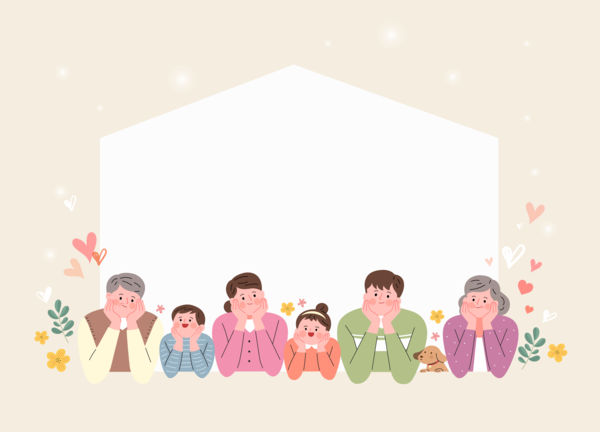
You may be familiar with the "Jeong-in incident," in which a 16-month-old child died due to abuse by her adoptive parents. The incident has raised interest in Korea's adoption system and the need to improve it. The number of adoptions in Korea continues to decrease every year, down from 2,475 adoptions in 2010 to 704 adoptions in 2019[1]. However, the number of cases of violence against adopted children is increasing and the level of violence is also getting more serious. To solve these problems, we must improve the current Korean adoption system.
First, financial support for adoption agencies should be changed to a fixed amount. Currently, the adoption process in Korea is conducted by private institutions authorized by the Minister of Health and Welfare. They operate through subsidies rather than fixed wages from the government. Most adoption agencies rely on additional subsidies that are given when a child is adopted and adoption fees received from the adoptive families. This wage structure is likely to eventually lead to adoption agencies regarding children as a ‘tool’ to secure finances. Second, the qualification criteria for becoming adoptive parents should be further subdivided to ensure strict judgment. Korea judges future adoptive parents through the "Home Study Report for the Prospective Adoptive Parent" made by the Ministry of Health and Welfare. Jeong-in’s adoptive mother adopted after scoring 22 points in the psychopath test, very close to the psychopath standard which is 25 points. The Jeong-in incident can be attributed to a society that ignored the warning signs even though the danger to the adopted child was fully foreseeable. To prevent similar cases, the criteria for judgment of adoptive parents should be managed more rigorously in more detail. Third, private institutions should be provided with additional human resources to carry out the follow-up management of adopted children. A research found that more than 31 children per employee are being managed by the nation's four major adoption agencies[2]. The reality is that one employee cannot devote sufficient time to each child. The adoption agency in charge of Jeong-in only confirmed her condition over the phone save for one home visit despite three reports of suspected abuse due to shortage of human resources. This lack of human resources prevents children from receiving the proper care and follow-up management they rightfully deserve. Therefore, the human resources of private institutions should be reinforced.
As we can see, there are many problems with Korea's adoption system, including structural limitations, poor criteria for judging parental qualifications, and a lack of human resources for follow-up management. Adoption is an ‘important’ system that can change someone's life in a positive direction. Korea should ensure children's safety through the improvement of the adoption system and guarantee their right to grow happily in a suitable environment.

